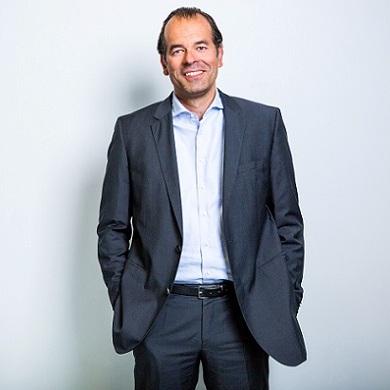  In a new white paper, Vodafone – supported by Bernard Vrijens, Professor in public health at the University of Liege, Belgium – claims that new connected solutions based around the Internet of Things (IoT) will help people to follow their medical treatment programmes more closely. This latest development could improve millions of lives and save billions of dollars.
The World Health Organisation has said that adherence – the action of complying with a medical treatment regime – for long term conditions such as hypertension, cancer and HIV stands at only around 50%, meaning half of patients do not follow their doctor’s instructions. As a result, patients’ chances of recovery and relief are reduced. Better approaches to adherence have been estimated to bring 50% of the non-adherent population onside.
Bringing together smart devices, connectivity and the cloud, the Internet of Things (IoT) can lead to more effective healthcare, according to the white paper. It will encourage patients to follow their treatment programme more accurately by providing them with individualised information on their therapy. By encouraging them to continue with their full course of treatment, this approach could potentially save up to an estimated $290 billion in otherwise avoidable medical spending, in the US alone each year.
The data-driven and IoT enabled adherence management outlined in the white paper would offer benefits to patients, clinicians, medical device companies and those that pay for the provision of medical services. It could lead to more independence for patients, better treatment, more effective drug development and ultimately lower healthcare costs.
“Healthcare providers currently monitor four main vital signs: body temperature, pulse rate, respiration rate and blood pressure. The IoT means they’ll soon be able to accurately measure a fifth – adherence. I believe that that the importance of connectivity in the both medical devices and in patient engagement cannot be under estimated. This is a pivotal moment on the road to more individualised healthcare,” said University of Liege Professor of public health Bernard Vrijens.
“This is a great example of how the internet of things has the potential to help people live healthier lives and access more effective medical treatment. We hope that the vision and creativity of people like Professor Vrijens will quickly become a reality with the IoT. We believe that we are on the threshold of a significant change in the way chronic diseases are managed,” said Erik Brenneis, Director of IoT at Vodafone. |